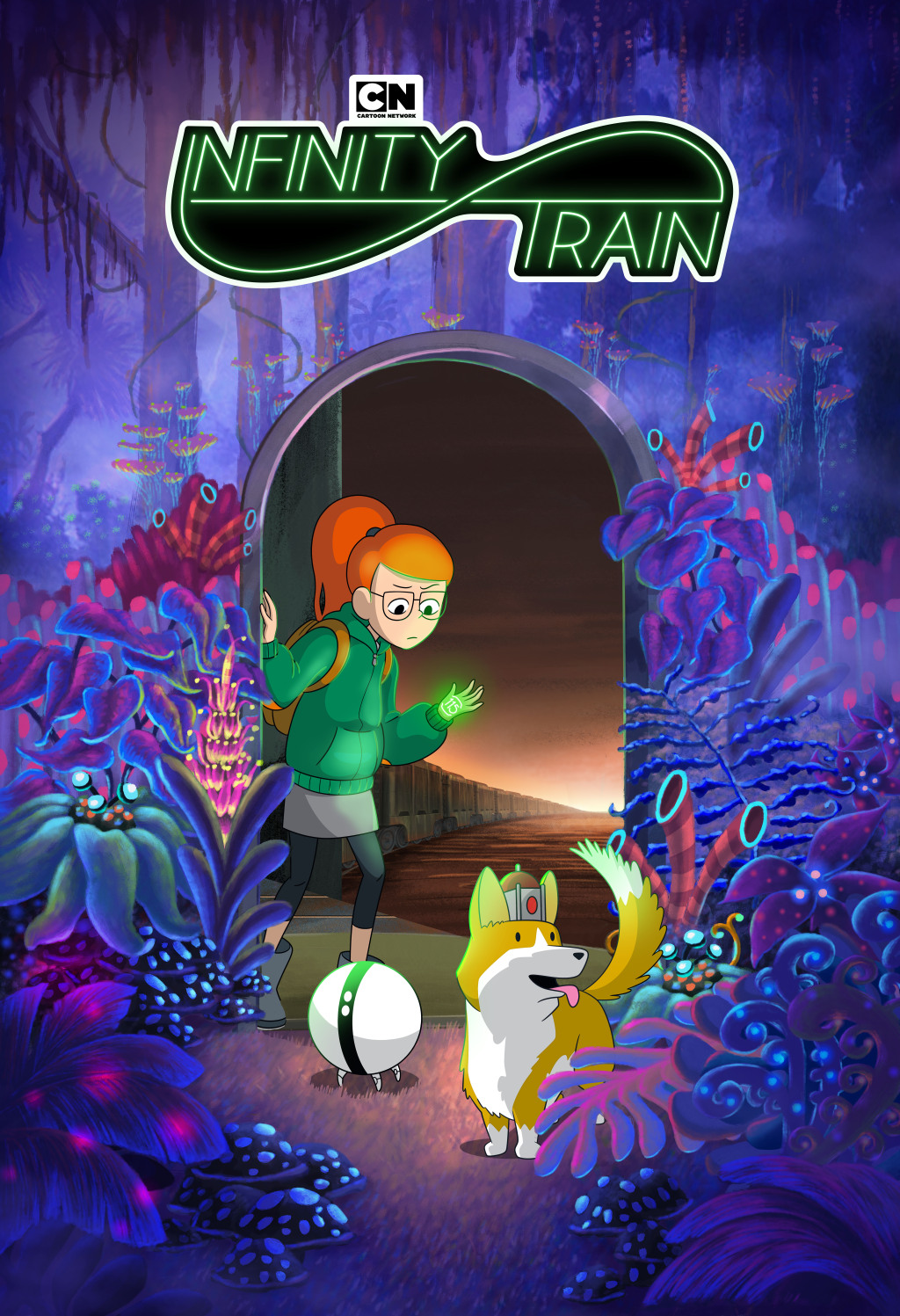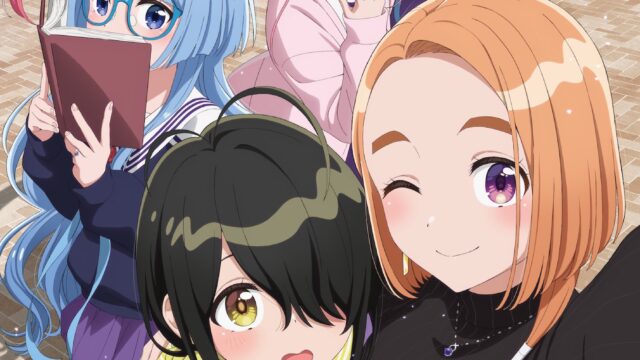Season Review: Infinity Train Season One
Throughout its many years on the air, Cartoon Network has been known for its experimentation and risk-taking when it comes to animation. Even now, when regular television is in a steady decline, they prove themselves capable of it again by finally making a series out of the fan-favorite animated short, Infinity Train. Similar to the Emmy Award-winning miniseries from 2014, Over the Garden Wall, Infinity Train played throughout the week of August 5 to August 9, 2019, billed as a “five-night event”, which is known for sometimes meaning it to be a miniseries, though fans were happy to finally see more of this weird world with the train car full of corgis. So, was it worth the wait?
The story follows the journey of Tulip Olsen (voiced by Ashleigh Johnson), an aspiring video game programmer looking forward to her trip to a programming camp. But when her parents are unable to get her there due to their recent divorce, Tulip runs away and finds herself taken by a mysterious train which brings her to another dimension. There, she meets a scatter-brained spherical robot named One-One (Jeremy Crutchley/show creator Owen Dennis) and a royal corgi dog named Atticus (Ernie Hudson), who plan to help her find a way off the train by taking her to the mysterious Conductor.
Infinity Train is a coming of age tale for Tulip, with each important train car she visits focusing on an important lesson as much as it will likely be filled with some zany theme. There are Corgi Cars, Mirror Cars, Monster Cars, Stock Market Cars, deliberately unfinished cars, and many others that allow the story to have childlike wonder at some points, while also haunting dangers in others. Tulip often combats each problem she faces with her calculating intellect, but that’s rarely effective without her looking inward and reflecting her emotional issues, even when those issues are spelled out to her by her literal own reflection.
The series also tackles rather complicated topics for a series meant for children that are nonetheless important to cover, such as how Tulip has been processing her parents’ divorce. Without giving anything away, the impact of that goes a long way to inform the audience of how she’s learned to tackle problems, as well as what about that is holding her back. Similar feelings are reflected in other members of the cast, showing a unifying theme of how to accept inevitable changes in one’s life, but also not letting it keep them from being able to change things for the better.
My one major issue with the story would have to be how disparate the lore of the train seems to be at times. Certain elements are introduced with rules to them, though not usually with much explanation for how they came to be. In comparison, Over the Garden Wall also took place in a mysterious realm, but somehow the fantasy elements helped tie that together. That’s not to say that the lack of certain explanations took me out of the story here, but just a few bits irked me enough that it was worth mentioning.
The last episode of the event confirmed that more of the show will be on the way, though whether it will continue the story of Tulip or act as a sort of anthology series following different passengers is unclear. Whatever the case, despite some distracting oddities, this series has been a creepy, chilling, sweet, and heart-wrenching ride, which is what I love to see in my animation.
























"There are also other characters that come and go (also owned by the Warner Bros. Discovery conglomerate media company)."
Huh. Is that just referring to other characters from the show itself, or is this implying that the new season is going to have cameos from other WBD IPs